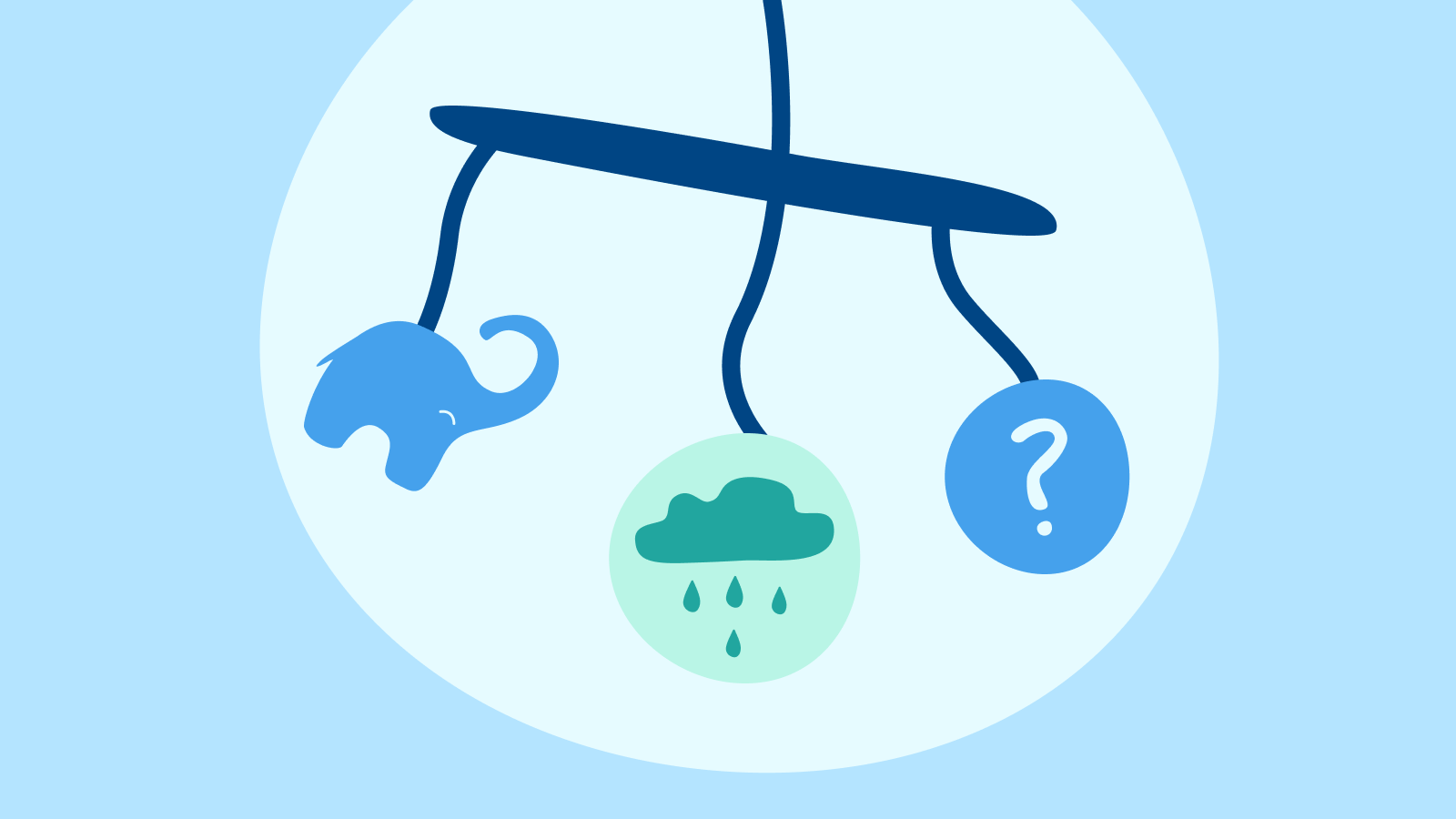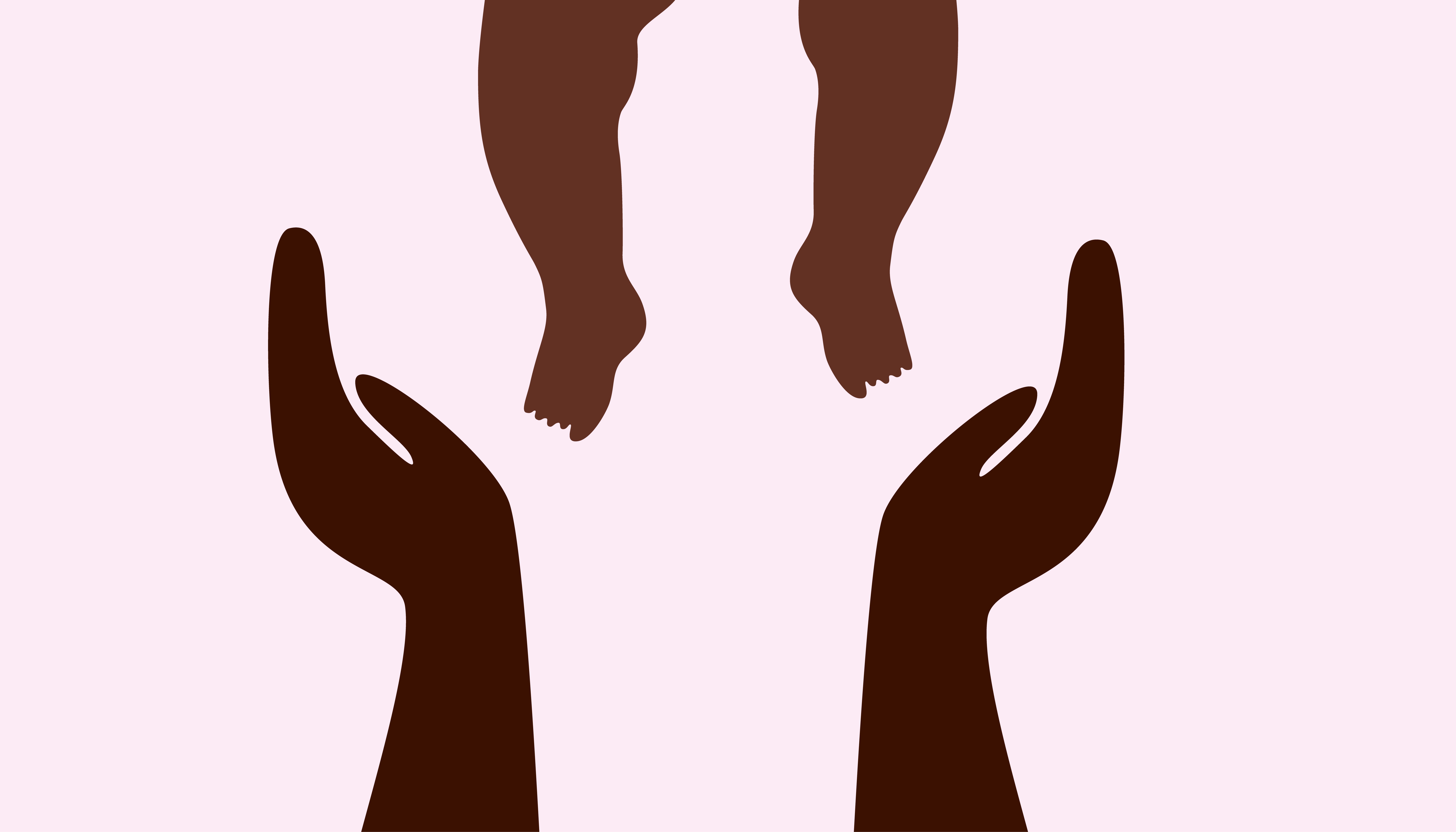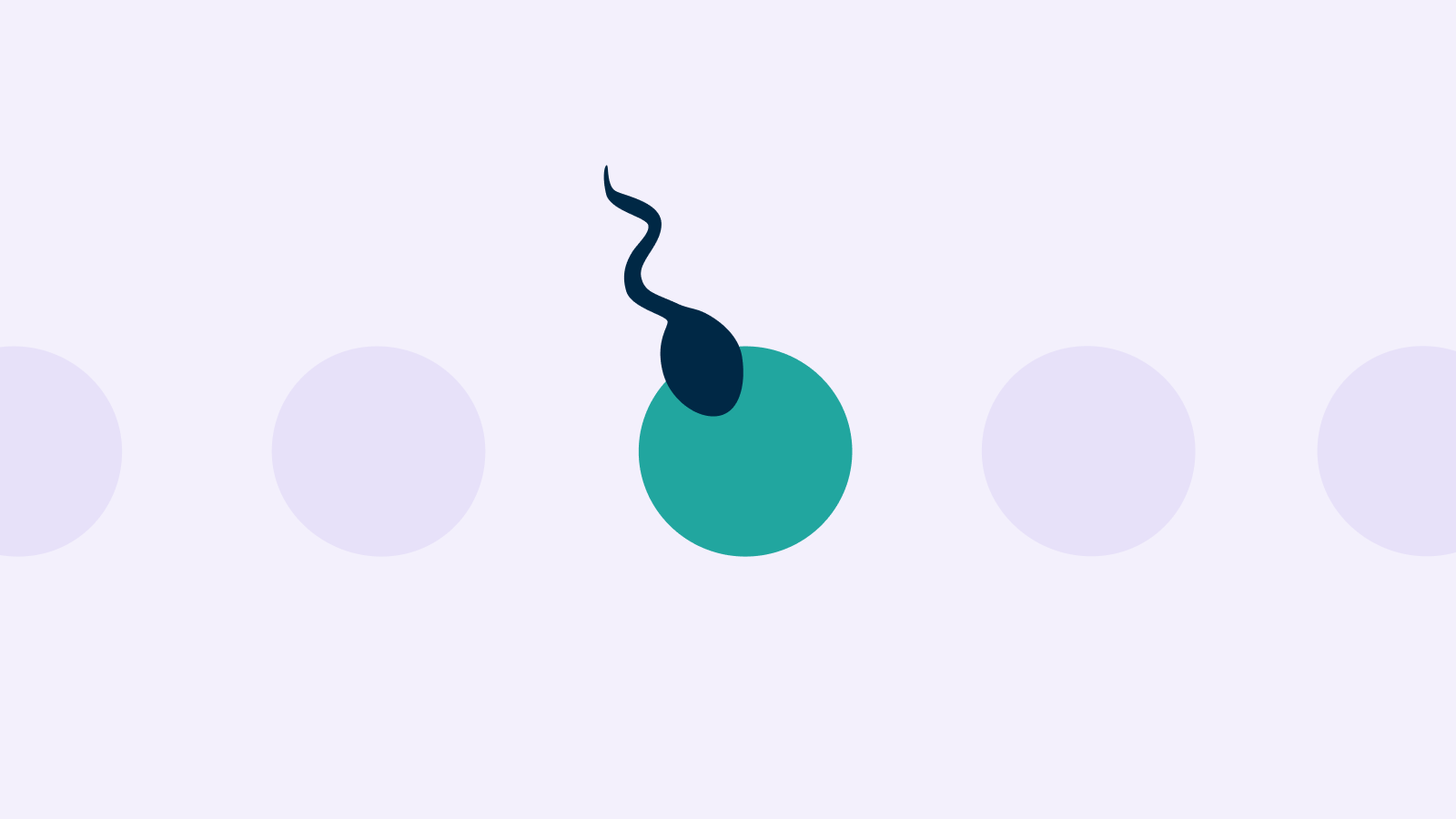If you’re planning to have a baby, are pregnant or about to give birth, it’s natural to feel a certain degree of anxiety. Studies suggest that around 80% of pregnant women experience worries and fears in relation to childbirth.
‘This can range from moderate anxiety to severe distress and common reasons include fear of pain, loss of control or that something may happen to the baby,’ says Dr Elisabeth Rosen, medical doctor at Livi who specialises in gynaecology and obstetrics.
‘But at the more extreme end of the spectrum is tokophobia, a pathological fear of childbirth that causes severe anxiety. For many women, restrictions imposed by the pandemic have added to their fears. If you’re anxious, it’s important to know what help is available so that you can give birth in the best possible way.’
What is tokophobia?
Tokophobia is a severe fear, or phobia, of childbirth, and for many women this also extends to pregnancy. It’s currently estimated that tokophobia could affect as many as 14% of women worldwide.
‘Tokophobia causes severe anxiety at the thought of childbirth that usually also impacts a woman’s feelings about pregnancy,’ says Dr Rosen.
There are two types of tokophobia. Primary tokophobia occurs in women who have never given birth before. Secondary tokophobia occurs in women who have previously had a traumatic experience of childbirth.
What are the main signs of tokophobia?
Typical symptoms of a fear of childbirth may include:
- Excessive anxiety when thinking about or imagining childbirth
- Intense feelings of dread about childbirth
- Panic attacks – these can include shortness of breath, a dry mouth, sweating, shaking, trembling, nausea, numbness, feeling dizzy, light-headed or faint, chest pains, and disassociation
- Flashbacks to a past traumatic experience of childbirth (in women with secondary tokophobia). This type of tokophobia is a risk factor for post-traumatic stress disorder (PTSD) in some women.
Is pregnancy anxiety different to tokophobia?
‘Most women will experience some type of anxiety while they’re pregnant,’ says Dr Rosen. ‘Typical worries may include anxiety about something happening to the baby. For example, is the baby developing as it should? What if it suffers damage or some other injury during childbirth? Will the baby be healthy? You may also feel anxious about experiencing difficulties with pregnancy or labour and worry that you might not get the right support and assistance.
‘There may be other factors causing you to feel anxious, like how are you going to cope – financially, emotionally or practically. If it’s your first baby, there’s a sense of going into the unknown that can feel scary. For single mothers, there may be the added anxiety of having to cope with everything on your own.’
What triggers tokophobia?
Here are some of the causes that may trigger a severe fear of pregnancy and childbirth:
- Fear of pain
- A history of anxiety, depression and other mood disorders, including PTSD
- A previous traumatic experience during childbirth
- A previous traumatic medical experience
- Previous traumatic events like sexual assault, rape, or a history of child abuse
- Hearing stories, reading about or witnessing negative experiences of childbirth
- A need to be in control
- A lack of support during pregnancy and birth, and lack of information
What help is available if I’m not pregnant yet?
‘If you’re feeling excessively anxious and feel that anxiety is affecting you significantly, either physically or mentally, seek help from a psychologist or counsellor,’ says Dr Rihanna McClymont, Lead GP at Livi. ‘Your doctor can refer you to the appropriate psychological service. If you suffer from tokophobia, it’s especially important to access the right help.’
What are the best solutions for tokophobia?
Treatment for tokophobia may involve a combination of therapy, medication, social support and lifestyle changes. Like other phobias, with the right help, tokophobia can be successfully treated and cured. ‘Having therapy before you get pregnant can help you work through your fears and teach you strategies to help you cope,’ Dr Rosen says.
‘Cognitive behavioural therapy (CBT) can be helpful for tokophobia and pregnancy anxiety, as it can help you to identify, and learn how to change, the thought patterns contributing to your fears. CBT will also provide you with psychological techniques to reduce and manage your anxiety.’
I’m already pregnant and scared of childbirth, what can I do?
‘If you’re pregnant and feeling fearful, it’s important to talk to your doctor, consultant obstetrician, or midwife as early as possible,’ says Dr Rosen.
‘Your obstetric team should be aware of any specific fears and talk to you about the best treatment options and services and also discuss a birth plan for you.
‘A clear birth plan will help you know what to expect and what plans are in place,’ says Dr Rosen. ‘For example, what happens if you go into early labour? What happens if there are any complications? What are the alternatives if you’re scared of needles? What are your options for having a caesarean section?
‘But this is a major operation, and many women ask for it through fear. Yet often, after talking with their midwife or obstetrician, they change their mind and opt for a natural birth. But with tokophobia, it’s important to know that this option is available. Most women with secondary tokophobia will be offered an elective caesarean. You should always be referred for additional psychological and medical support if you have tokophobia.’
‘Feeling isolated can make anxiety or low mood symptoms worse, so it’s important to stay connected to family and friends as much as possible. If you feel you need additional support, always talk to your doctor. Also, seek help if you experience feelings of sadness or depression after giving birth.’
Can anxiety affect childbirth?
‘Feeling fearful or anxious is not good for a pregnant woman,’ Dr Rosen says. ‘It activates the sympathetic nervous system and your body goes into fight or flight mode, which is not conducive to having a good birth. When you’re anxious and stressed, your muscles tense up and oxytocin levels decrease, making childbirth more difficult.’
‘There’s no need to put yourself through this, as with the right support, it’s possible to transform your pregnancy and childbirth into a much happier experience,’ Dr Rosen advises.
Can a partner do anything to help?
‘It’s important to let your partner know how you feel,’ says Dr Rosen. ‘That way, they can better support you for example, by attending consultations with you, so they’re fully informed. Sometimes, a partner may be feeling anxious too, in which case they may benefit from a course of therapy themselves.’
This article has been medically approved by Dr Elisabeth Rosen, medical doctor at Kry who specialises in gynaecology and obstetrics and Dr Rhianna McClymont, Livi Lead GP.



